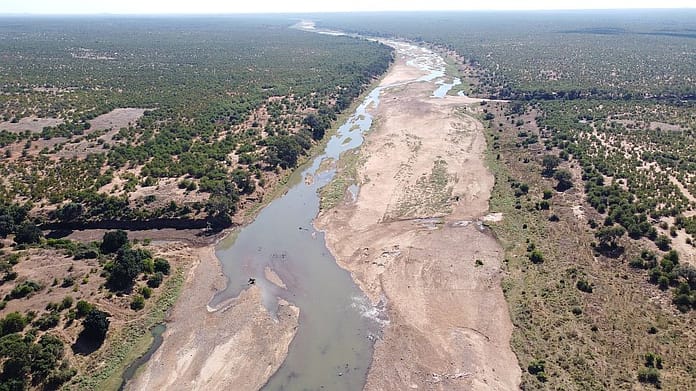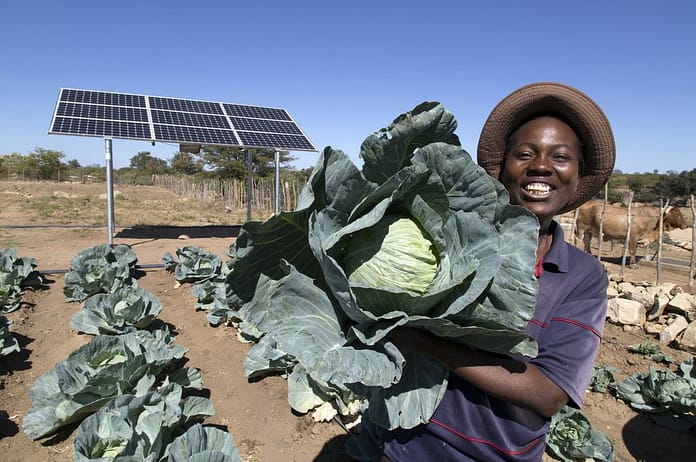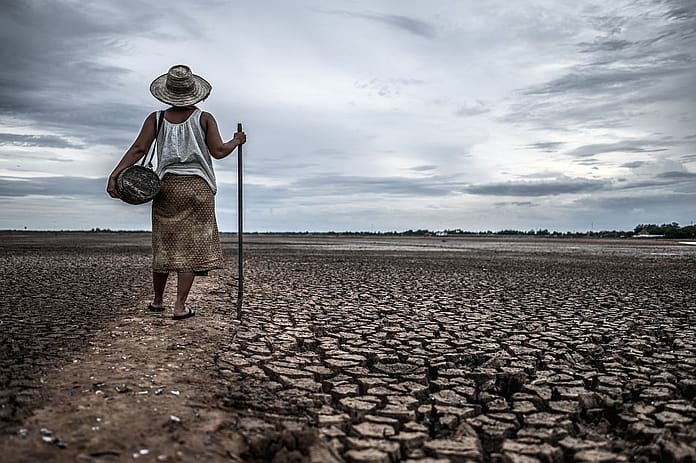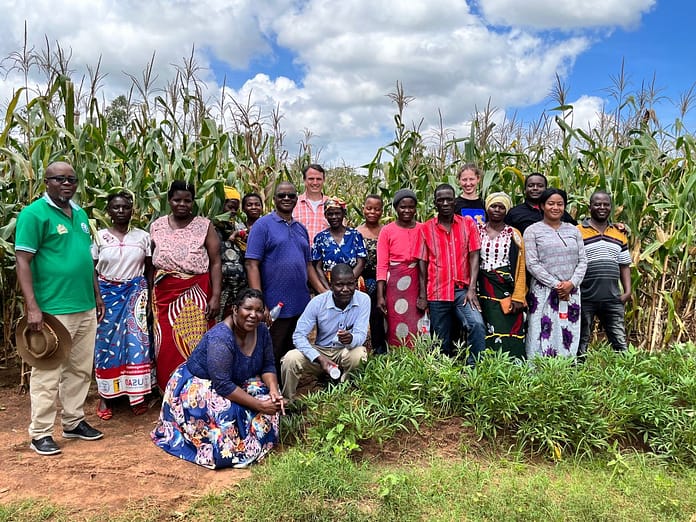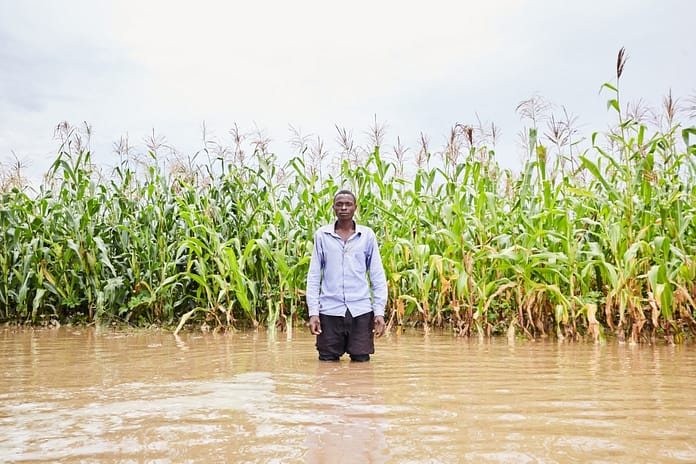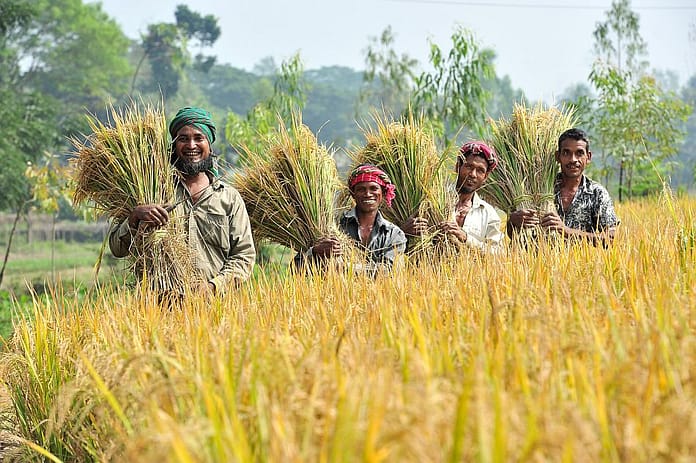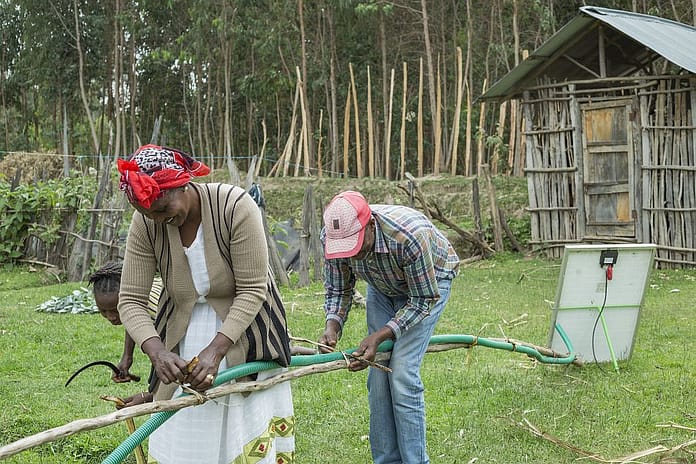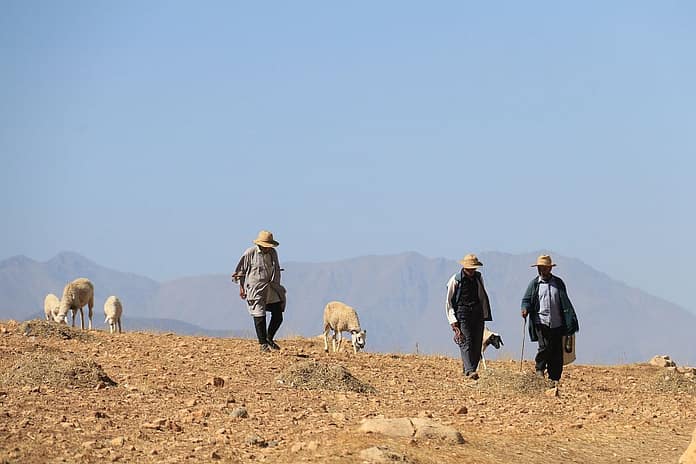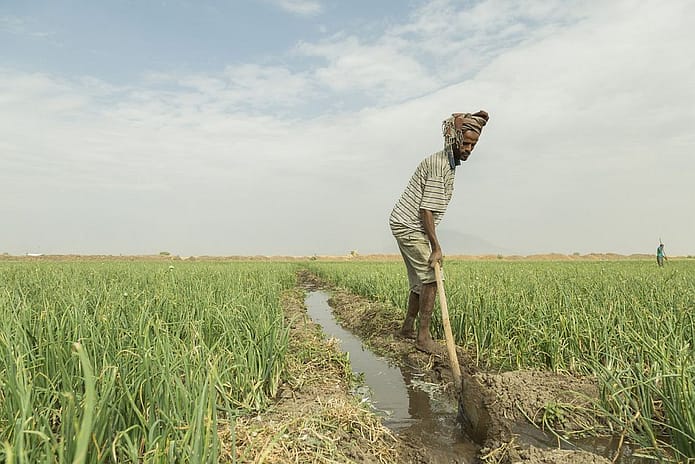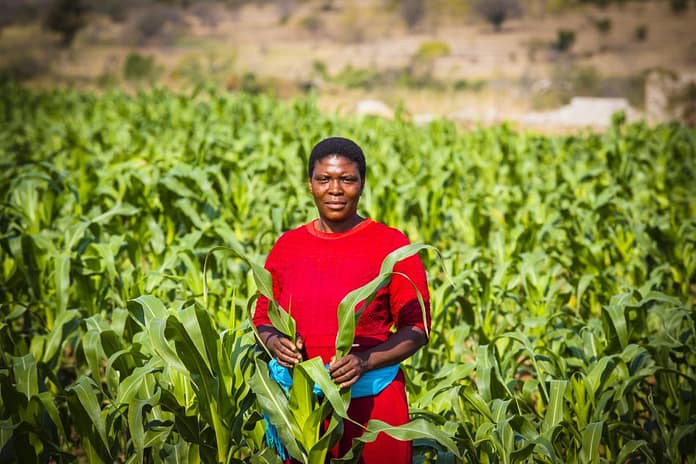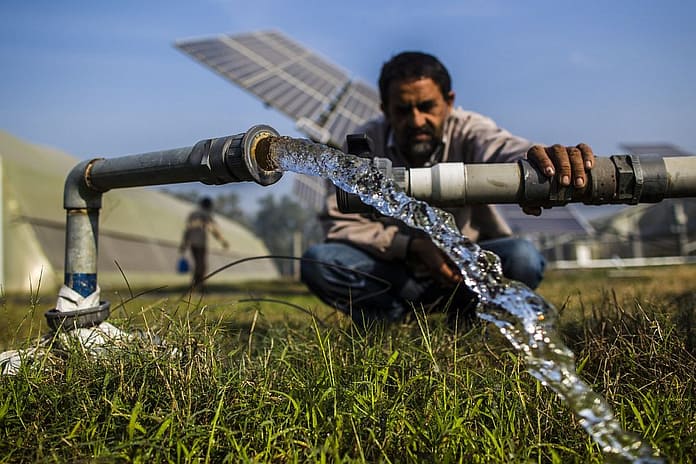
It’s nothing new to champion the virtues of irrigation for fast-tracking agricultural development and economic growth in large swaths of Africa.
But according to a recent report, around one-third of irrigation schemes in the south of the continent have failed.
So what went wrong – and why isn’t it bad news?
“Fortunately, newer schemes seem to be performing well,” said IWMI’s Jonathan Lautze, one of the authors of Irrigation in Southern Africa: Success or failure?, published in the journal Irrigation and Drainage recently. “While schemes set up many years ago have a troubling failure rate, this is falling with modern approaches to irrigation development. That’s a reason to be upbeat.”
Lautze and lead author Justin Mutiro of the Lowveld College of Agriculture in South Africa used existing literature to assess 100 schemes in seven countries in Southern Africa. It is the biggest assessment of irrigation scheme performance in the region to date.
Despite concluding that 32% of schemes had failed, they found that overall the success rate has roughly doubled since the 1960s and around 90% of schemes introduced between 2000-2009 are working well. Commercial, private sector schemes showed an impressive 100% success rate across the board.
“It’s clear from our results that irrigation development continues to hold great promise for boosting agricultural development and economic growth in Southern Africa.”
“But even a 10% failure rate for modern schemes needs to be addressed. These schemes can be expensive and often take a long time to implement. If they don’t deliver, some of the poorest people will miss out. Now we have a clearer idea of what to do to improve performance further still.”
The report found that success depends on a range of factors, including management style, irrigation method, crop mix, financing, market structure, climate and geography.
It found that community-run schemes, or those run in partnership with governments, perform significantly better than purely government-administered ones. The authors attribute this in part to more regular monitoring and the importance of involving water users in scheme development.
However, they caution that in general, performance tends to dip over time, meaning that some of the more recent schemes that are doing well could begin to struggle in the future. Moreover, understanding factors that enhance the sustainability of irrigation schemes is critical.
“What’s clear is that there’s no single factor that drives the success of these schemes overall,” said Justin Mutiro, the lead author. “They need to be assessed on a case-by-case basis. With good project management, evidence-based research, well-equipped engineers and ongoing monitoring, and well as up-to-date operation and maintenance schedule we should be able to ensure each scheme has the highest chance of success possible.”
Full study: Irrigation in Southern Africa: Success or Failure?
The work was supported by a USAID project Enhanced Regional Food security through increased agricultural productivity to sustainably reduce hunger and is part of the CGIAR Research Program on Water, Land and Ecosystems, led by IWMI.


